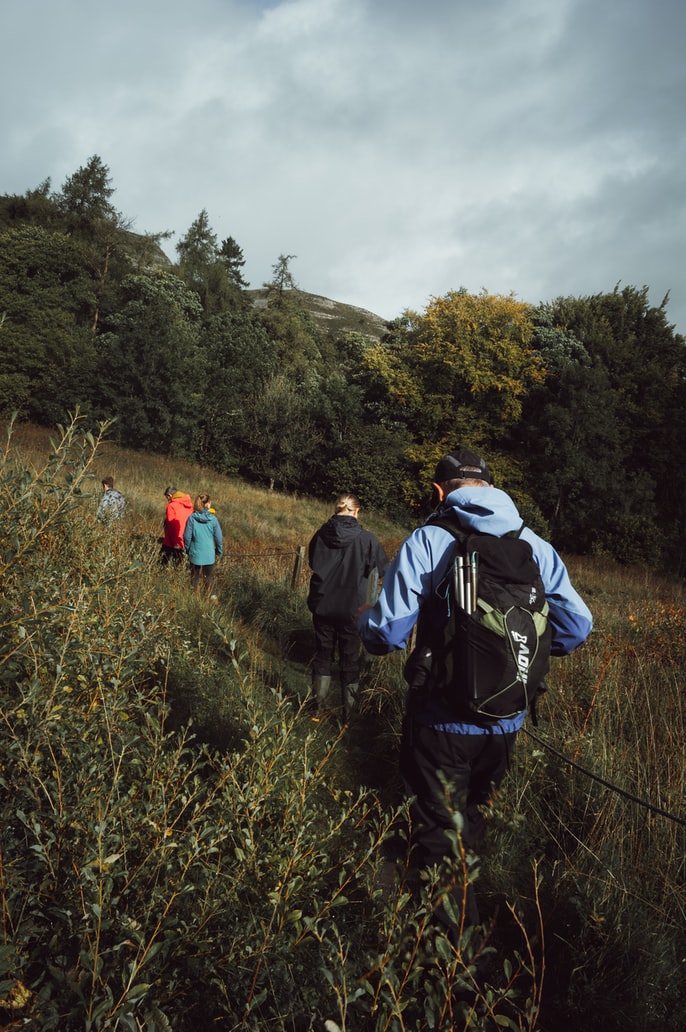Why Urban Professionals Are Moving to Farm Country in Droves

Suburban flight is a tale as old as living memory, and it’s a trend that hasn’t abated since the end of World War 2.
Why not? The appeal of suburbia is understandable. They have all the access to amenities provided by a city but without all the overcrowding, noise, and pollution that normally go along with urban life. Beyond that, by almost every conceivable metric, suburbs are far better places than cities in which to raise children.
Lately, though, there has been a growing trend of urbanites tweaking their ultimate destination. More and more, it seems successful city-dwelling professionals are shirking the suburban dream in favour of life on the farm.
Stephen Gleave, a noteworthy labour and employment lawyer in Toronto, is emblematic of this trend. For most of his career, Gleave lived in the city limits, but a few years ago, he transplanted himself and his family to the pastoral, agrarian setting of Ancaster to live on a working farm.
Gleave maintains an active practice in the city. After spending the majority of his career at Hicks Morley in 2019, he transitioned to DLA Piper LLP, where he currently serves as a partner.
“Changing firms is what really enabled our move to the countryside,” says Gleave. “It gave me the flexibility to maintain my practice while allowing me to pursue my long-held dream of living on a farm,” he says. “I would make the same decision again in a heartbeat. The farm has enriched our lives.”
Gleave's story mirrors the motivations of many professionals who are increasingly drawn to rural living. After spending decades immersed in the high-stakes world of employment law, Gleave found balance and rejuvenation on his family’s new farm. He now spends his time alternating between navigating complex legal disputes and tending to his growing herd of cattle, his fruit orchards, and the forest of rare Carolinian trees on his 100-acre property.
For Gleave, the connection to nature is more than a hobby; it is a source of mental clarity and emotional grounding. “I find that being outdoors and surrounded by the quiet glory of nature brings me a sense of peace and clarity that I simply didn’t get from urban life and didn’t think I would get from suburban life,” he explains.
Farm life offers a much slower pace, one that allows for reflection and quality time with loved ones. Many find that it’s a space that fosters creativity and productivity.
For Stephen Gleave, the transition was deeply personal. Raised with a deep appreciation for the natural world, he credits his rural surroundings with helping him sustain his well-being under the pressures of a demanding career.
“When I’m outdoors, whether it’s tending to farm chores, jogging, or fly fishing, I’m able to rejuvenate and regain a sense of serenity,” he says. “That energy translates into my work and allows me to approach each new challenge with creativity and focus.”
Beyond the intangible benefits, rural living also offers practical advantages. For many professionals, owning farmland can be a smart investment, providing opportunities for sustainable agriculture or agritourism ventures. Additionally, rural areas often have lower property costs compared to urban and suburban settings.
Another important aspect of this trend is the sense of community that rural areas can offer. For Gleave, his newfound ties to Ancaster, a historic town under the umbrella of the nearby city of Hamilton, are built around its unique blend of history, natural beauty, and close-knit relationships that often draw people to small towns. From its plethora of waterfalls to its historic buildings and specific local traditions, Ancaster is exactly the type of place that calms the mind and feeds the soul.
Perhaps this new trend indicates a broader shift in mentality, one that says success doesn’t have to be solely defined by career achievements and financial wealth but can also encompass a holistic approach to life, prioritizing mental health, sustainability, and a connection to the natural world.
For those who have already made the leap, like Stephen Gleave, having a combination of city-based work life and farm-based home life offers not only a delightful contrast but a more balanced and fulfilling overall existence.




